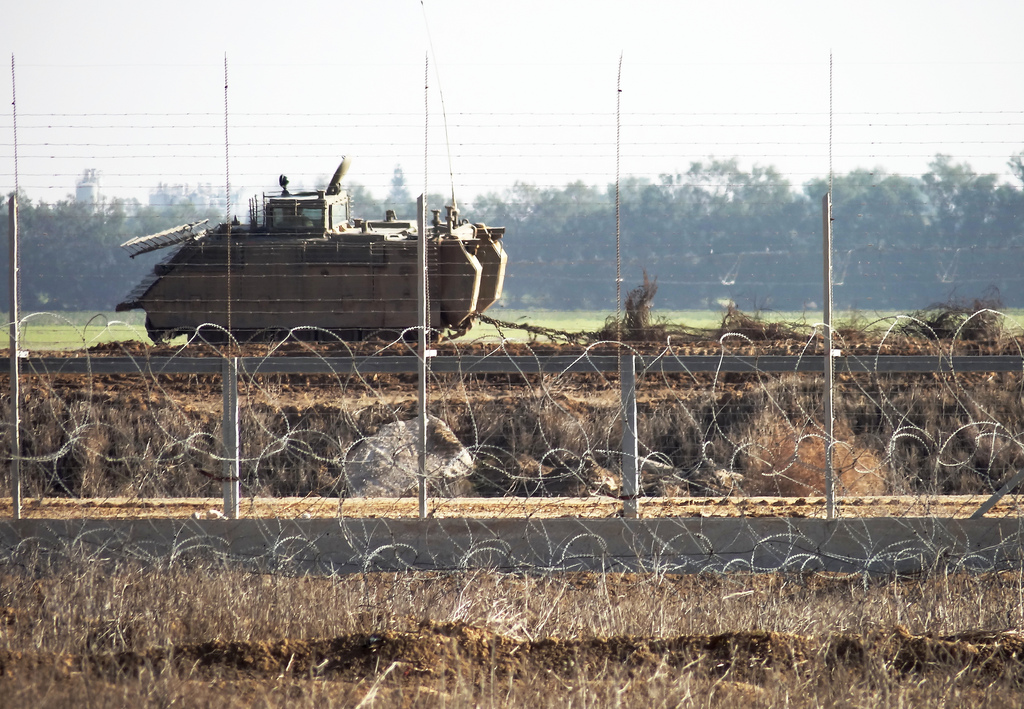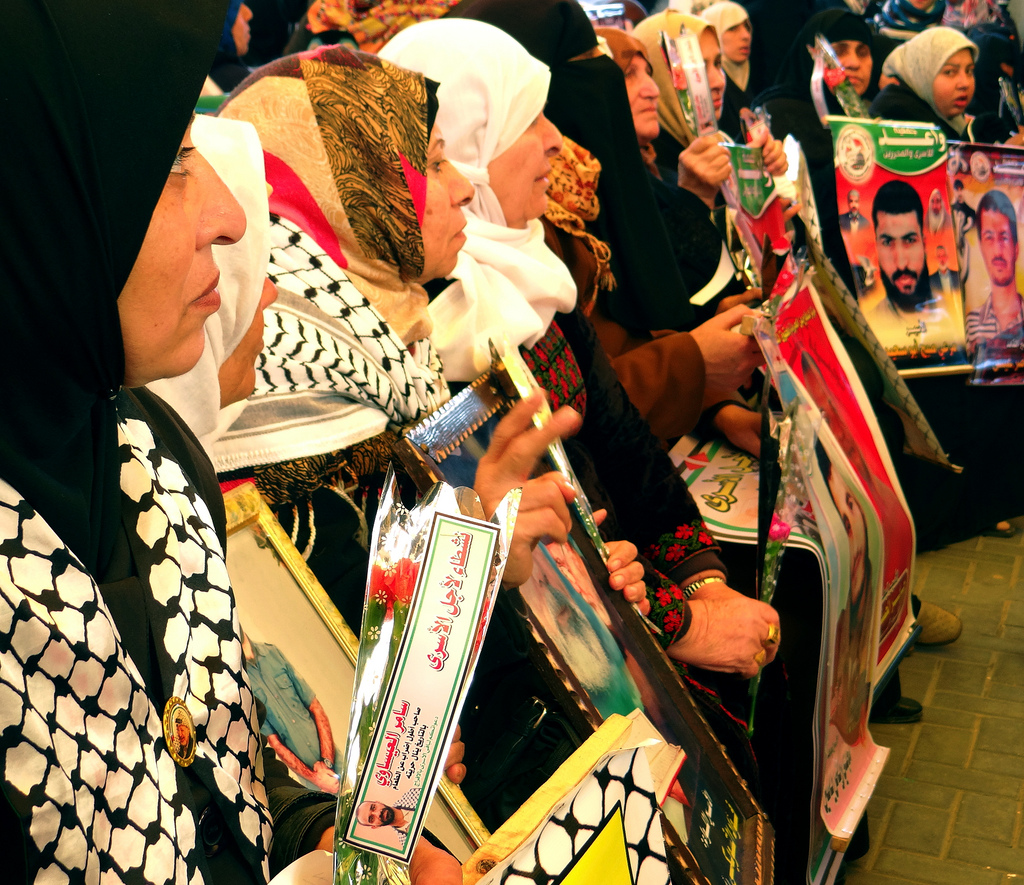-
Photos: Palestinians rally for prisoners in Gaza as Samer Issawi freed in Jerusalem
27th December 2013 | International Solidarity Movement, Marco Varasio | Gaza, Occupied Palestine On 23rd December, like every Monday morning, relatives and friends of the Palestinian prisoners in Israeli jails gathered at the International Committee of the Red Cross’ Gaza office for the weekly rally. But people at the rally had another reason to gather: […]
-
Video: Israeli troops fire on Palestinian farmers and international activists in Gaza
27th December 2013 | Resistenza Quotidiana, Silvia Todeschini | Gaza, Occupied Palestine International activists have been accompanying Palestinian farmers to their lands near the separation barrier between the territories occupied in 1948 and the Gaza Strip. We have noticed, in recent days, an increase in the presence of the Zionist occupation forces. A few days […]
Action Alert An Nabi Saleh Apartheid Wall Arrests BDS Bethlehem Bil'in Cast Lead Demonstration Denial of Entry Ethnic Cleansing Farmers Gaza Global Actions Hebron House Demolition International law Israeli Army Jerusalem Live Ammunition Nablus Ni'lin Prisoner Ramallah Rubber-coated steel bullets Settlement Settlers Settler violence Tear-Gas Canister Video



